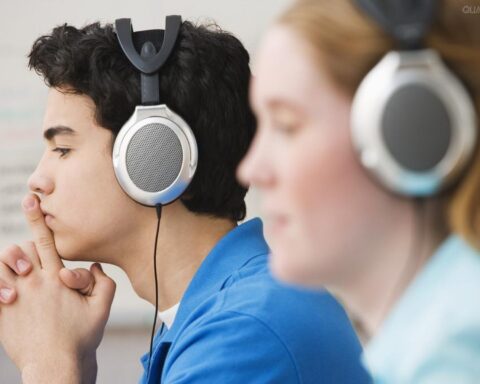When you are thankful and appreciative, your brain releases feel-good chemicals, including serotonin, dopamine and oxytocin. These feel-good chemicals elbow out any negative emotions, boost your health and help you engage in meaningful relationships.
Why Might Someone Not Feel Gratitude When They Have Every Classic Reason to?
Trauma is considered the main thief of gratitude. When you have unprocessed trauma, you will likely experience shock most of the time. This makes it hard to notice and appreciate the good things happening in your life.
Why Can It Be Important to Express Gratitude When You Aren’t Grateful?
Expressing gratitude even when you don’t feel grateful boosts your spiritual wellness, increases your chances of being successful in life and strengthens your relationship with others.
What Are 3 Tips to Help Express Gratitude Even If You Aren’t Feeling It?
- Think about the tough situations you have faced and how you overcame them
- Start writing down the good things that happen in your life. I advise you to do it in the morning or before going to sleep.
- Talk about gratitude with those around you
When Should You Not Express Gratitude?
There are times when you should not express gratitude. These include after receiving backhanded gifts, during the famine, during a terrorist attack in your village or after the death of your loved one.
- Eye Spy: Worldwide Eye Color Percentages - April 19, 2024
- Elevate Energy, Soothe Stress, And Peak Performance with The New UNBEETABREW Coffee Sensation - September 21, 2023
- Chef Bob’s Coffee: A Journey Fueled by Passion - July 29, 2023








